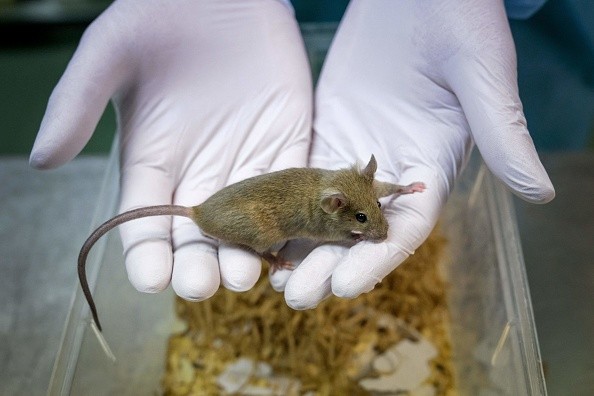Animal research is a controversial topic that often sparks heated debates and ethical dilemmas.
Some people question the necessity, validity, and morality of using animals for scientific purposes, while others argue that it is essential for advancing human and animal health and welfare.
The study examined the justifications for employing animals in research, the advantages and difficulties of animal research, and the ethical standards and laws that govern it.
Reasons for animal research

Animal research is the use of animals for scientific experiments, such as testing new drugs, vaccines, treatments, or devices; studying the causes and mechanisms of diseases; or investigating basic biological processes.
It can also involve observing or manipulating animal behavior, physiology, genetics, or ecology.
The main reason why we are using animals in research is that they are biologically similar to humans and share many of the same health problems.
Mice share more than 98% of their DNA with humans, and rats have similar cardiovascular, respiratory, nervous, and digestive systems.
Animals can also be used as models for human diseases, such as cancer, diabetes, Alzheimer's, Parkinson's, or AIDS.
By using animals in research, we can learn more about how the body works, how diseases develop and progress, and how to prevent, diagnose, treat, or cure them.
Animal research can also help us discover new ways to improve human and animal health and well-being, such as developing new drugs, vaccines, treatments, or devices; enhancing nutrition, hygiene, or safety; or reducing pain or suffering.
Ethical principles and regulations of animal research
Animal research is not a static or fixed field, but a dynamic and evolving one that responds to new scientific questions, opportunities, and challenges.
It is constantly seeking to improve its methods, outcomes, and impacts, as well as to address the ethical and social concerns that arise from its practice.
Moreover, it is not conducted without ethical considerations and regulations.
Using animals in research s guided by several ethical principles that aim to ensure that animal research is justified by its potential benefits and minimized by its potential harms.
These principles are summarized by the 3R's of animal research: reduction (using fewer animals), refinement (using less invasive methods), and replacement (using non-animal alternatives).
There are also various laws and guidelines that set the standards and requirements for the use and care of animals in research to regulate animal use.
It must be approved by an independent committee that reviews the scientific merit and ethical aspects of the proposed study.
Furthermore, there should be compliance to specific rules on animal sourcing (where they come from), housing (where they live), handling (how they are treated), testing (what they undergo), monitoring (how they are observed), reporting (what is recorded), or euthanasia (how they are killed).
Animal research must be supervised by qualified personnel who have adequate training and experience in animal welfare and ethics.
It is a complex and controversial topic that requires careful evaluation and regulation.
By understanding why animals are used in research; what are the benefits and challenges of animal research; and what are the ethical principles and regulations of animal research, it can make informed and responsible decisions about animal research.
Related Article: Tickling Lab Rats is Good For Science
© 2025 NatureWorldNews.com All rights reserved. Do not reproduce without permission.





